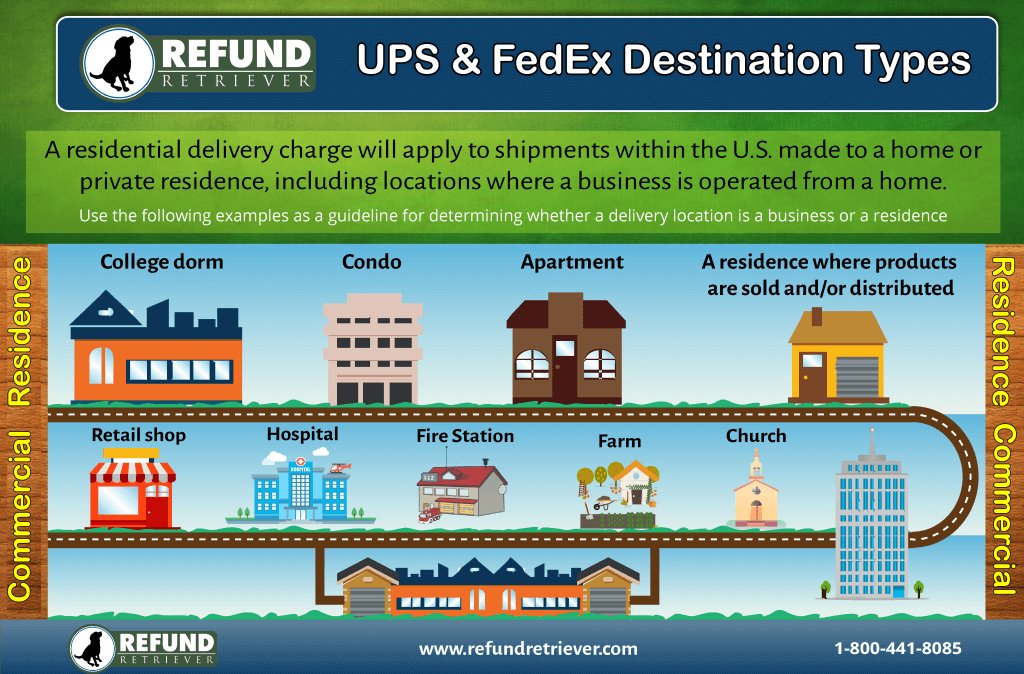Demystifying What Is A Commercial Address: Key Facts Explained

A commercial address is more than just a location – it’s the heart of your business identity. It serves as a powerful tool for establishing credibility and professionalism in the business world. A commercial address typically refers to a physical location that is used by a company for its operations and official communications. This address is essential for building trust with clients, partners, and customers. Let’s delve deeper into the concept of what is a commercial address and why it is crucial for the success of your business.
What is a Commercial Address: A Complete Guide
Welcome to our detailed guide on commercial addresses! If you’ve ever wondered about the difference between a residential and commercial address, or you’re exploring the world of business locations, you’re in the right place. In this article, we’ll delve into the definition, importance, and various aspects of commercial addresses.
Understanding the Basics
Before we dive deeper, let’s start with the basics. A commercial address is the physical location of a business, office, or establishment. It is where commercial activities, such as selling products or offering services, take place. Unlike a residential address, which is where people live, a commercial address is where businesses operate.
Types of Commercial Addresses
Commercial addresses come in various forms, each serving a different purpose. Let’s explore some common types:
1. Office Address
An office address is where a company’s administrative and managerial functions are carried out. It’s the hub of decision-making, planning, and coordination within an organization.
2. Retail Address
A retail address refers to the physical location of a store or shop where customers can purchase goods directly. It’s all about showcasing products, attracting foot traffic, and generating sales.
3. Industrial Address
Industrial addresses are typically large spaces, such as factories or warehouses, where production, manufacturing, or storage activities occur. These locations are crucial for the supply chain and distribution of goods.
Importance of a Commercial Address
Now that we know what a commercial address is, let’s discuss why it’s essential for businesses:
1. Professional Image
Having a commercial address lends credibility and professionalism to a business. It signals to customers, partners, and investors that the company is legitimate and established.
2. Legal Requirements
Many jurisdictions require businesses to have a physical address for registration, licensing, and tax purposes. A commercial address ensures compliance with regulations and avoids potential legal issues.
3. Marketing and Branding
A well-chosen commercial address can contribute to brand visibility and recognition. It becomes part of the business’s identity and can attract more customers through its association with a reputable location.
Choosing the Right Commercial Address
When selecting a commercial address for your business, consider the following factors:
1. Location
The location of your commercial address plays a significant role in the success of your business. Factors to consider include accessibility, visibility, proximity to suppliers and customers, and local regulations.
2. Space Requirements
Determine the size and layout of the commercial space you need based on your business operations. Whether it’s a small office, a retail storefront, or a large warehouse, make sure it meets your current and future needs.
3. Budget
Set a budget for your commercial address, taking into account rental or purchase costs, maintenance expenses, utilities, and any additional fees associated with the location. Align your budget with your business’s financial capabilities.
In conclusion, a commercial address is more than just a physical location – it’s a cornerstone of business operations and identity. By understanding what a commercial address is, its types, importance, and how to choose the right one, you can set your business up for success.
We hope this guide has provided valuable insights into the world of commercial addresses. If you’re considering establishing or relocating your business, remember the significance of choosing the right commercial address. Stay tuned for more informative articles on business-related topics!
Commercial Address Vs Residential Address For Google My Business
Frequently Asked Questions
What is considered a commercial address?
A commercial address is a location primarily used for business activities. This can include office buildings, warehouses, retail stores, factories, or any property where commercial operations take place.
How is a commercial address different from a residential address?
A commercial address is used for conducting business activities, while a residential address is where people live. Businesses receive mail, packages, and conduct transactions at commercial addresses, whereas residential addresses are for personal use.
Why do businesses need a commercial address?
Businesses require a commercial address for official business registration, receiving mail and packages, establishing credibility with customers, and complying with local zoning regulations that regulate where commercial activities can take place.
Can a residential address be used as a commercial address?
It is generally not recommended to use a residential address as a commercial address for official business purposes. This is because zoning laws, lease agreements, and mail handling may restrict the use of a residential address for commercial activities.
Final Thoughts
In summary, a commercial address refers to a location primarily used for business operations. It provides credibility, professionalism, and convenience for companies to conduct their activities. Having a commercial address distinguishes a business from residential or non-professional locations. It is essential for businesses looking to establish a strong presence in the market and build trust with customers. A commercial address serves as a physical hub for companies to operate, receive mail, and engage with clients effectively.







